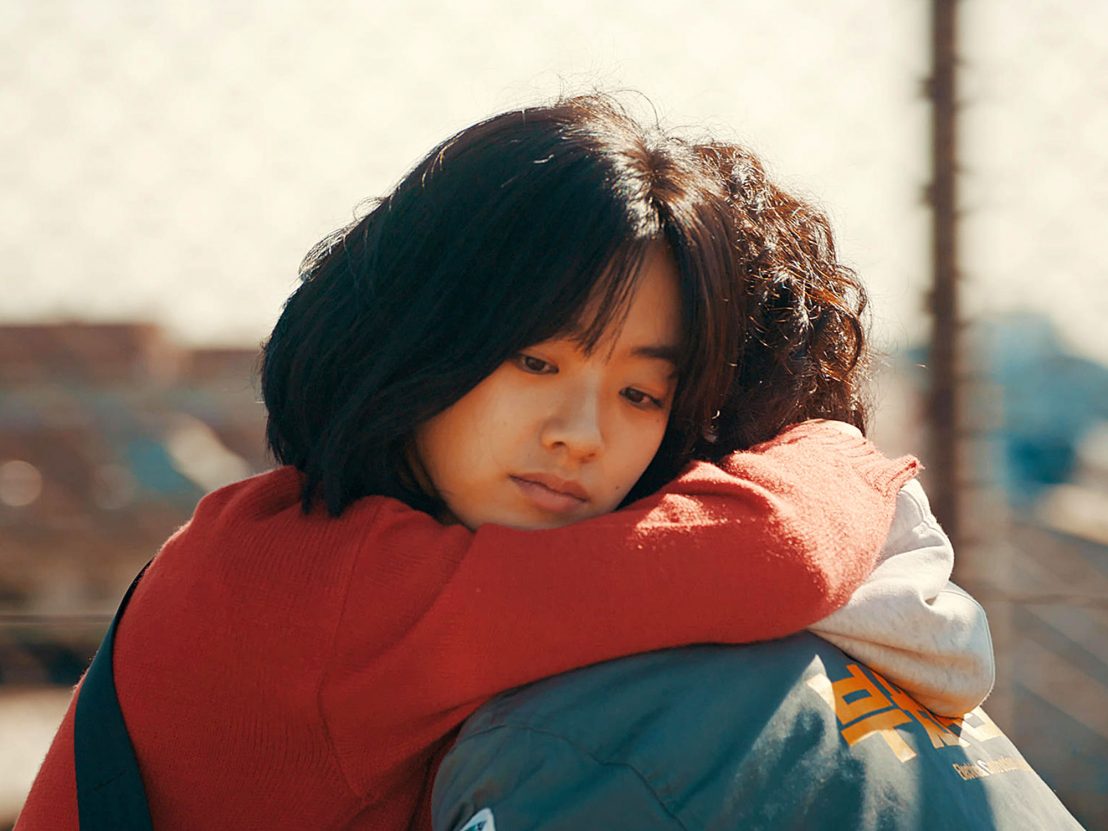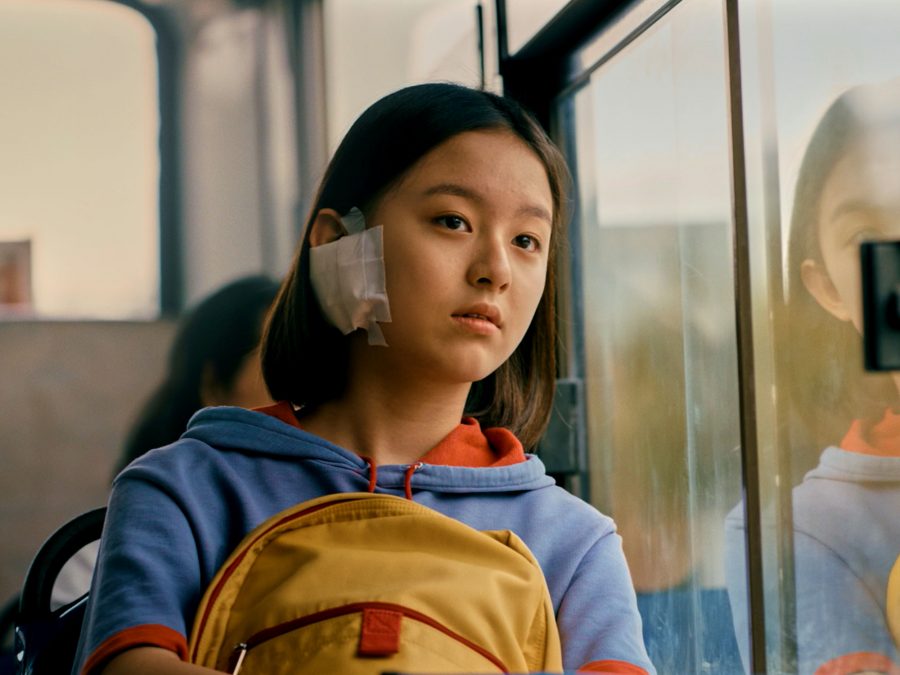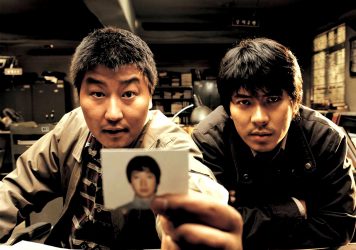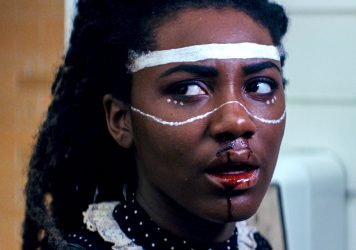
This year Bong Joon-ho’s Parasite became the first Korean film to win the Palme d’Or at the Cannes Film Festival. An impressive achievement not only for Bong but for a country that only began making waves at international film festivals around 15 years ago, when the likes of Park Chan-wook’s Oldboy, Kim Ki-duk’s 3-Iron and Lee Chang-dong’s Oasis started scooping up secondary prizes.
Yet, even now, this same small group of male auteurs continues to dominate Korean cinema abroad. Of the last 13 South Korean features to play at Cannes none were directed by a woman. The South Korean government has long supported its film industry through subsidies as part of the ongoing Korean Wave, which has brought much Korean culture to the world. However, even as Korean cinema becomes more popular than ever and a new wave of female directors reach success domestically, where are the female voices in the global market?
At this year’s BFI London Film Festival that question was answered, as four of the five Korean films programmed in the festival were directed by women. This included the eccentric Maggie by Yi Ok-seop, a film with a narrating catfish, sexual x-rays and freak geological events. One film that brilliantly undercut male festival elitism was Heart by Jeong Ga-young. It plays like a Hong Sang-soo inflected comedy, right down to the director’s trademark of long static shots of conversations filled with drinking. Heart is about a female director looking for love with a married man, a somewhat tongue-in-cheek statement on the themes commonly found in this particular brand of Korean festival-circuit comedy.
Director Jeong says she was, “trying to avoid those stereotypes that Korean movies or dramas have been dealing with,” also adding, “I would like a female character that makes reasonable choices.” As a film where the director plays herself making the film, she has certainly delivered something unique.
The standout Korean film at the LFF was House of Hummingbird, a schoolgirl-centred drama described by first-time director Kim Bo-ra as, “two stories: [South] Korea’s coming-of-age and her coming-of-age.” Kim represents the future of South Korean cinema: reflexive and insightful about the past but also forward-thinking and focused on the here and now. She calls House of Hummingbird “a collective story” which is also “very personal”, and in the way it turns individual experience into a universal story it is reminiscent of the late Edward Yang.
Kim’s face lights up at the mention of Yang’s name. “Yi Yi was my only reference for the film; [in Yi Yi] by seeing the one particular family at a microcosmic level, we see Taipei, Taiwan, and the history, all history. That’s what I wanted to do with this film. By just watching [lead character] Eun-hee, you see Korean society, now and the past.”

Is this the start of something big for South Korea’s female filmmakers? Kim thinks so. “We now have this female film new wave – I’m very happy to be part of that. Last year was the first year that the Busan Film Festival chose so many films by female directors. I’m very happy with that fact, not because they chose female films, but because the films are good. I think this year was a historic year for Korean cinema because my film was released at the end of August in Korea and then The House of Us and Maggie. Ten years ago, if one female filmmaker’s film was released, that would be the only one. But this year we have so many.”
Kim’s praise of The House of Us has been echoed by many, including Bong Joon-ho, who has hailed director Yoon Ga-eun as a director to watch. The House of Us is another outstanding female-led film of grace and beauty, focusing on children finding small joys in broken homes. It deals with divorce, a topic which also features in House of Hummingbird. Kim explains that, “still divorce is taboo in Korea,” which perhaps explains why it has taken two bold filmmakers to bring marital tension to the fore in Korean cinema. Both films are also told from the perspectives of young girls. “I wanted to make my main character, Eun-hee, a hero,” Kim explains. “She goes through a lot of things. When film talks about history and society and all the political stuff, people normally assume that the main character would be male or older.”
Long-struggling Korean female directors are making their voices heard in other ways too. The #MeToo movement led to damning accusations against director Kim Ki-duk, which brought gender issues to the forefront of the local film industry. That, along with more liberal film subsidies from both the Korean government and the Asian Cinema Fund at the Busan Film Festival, have helped launch many new projects. Yim Soon-rye, whose past work includes an anthology film with Park Chan-wook, had a domestic hit last year with the charming Little Forest. Well-known female actors like Moon So-ri and Ku Hye-sun have moved into directing.
Bong declared his Cannes victory “an opportunity for people to learn more about Korean cinema,” and that, “there’s a lot of Korean talent that could win the Palme”. The female filmmakers mentioned here are what he was referring to, and if you want to discover more of what Korean cinema has to offer, you need look no further.
Published 19 Oct 2019

Kim Dong-won’s rare 2003 film Repatriation plays at the 2018 London Korean Film Festival.

By Halim Kim
The serial killer case that inspired the South Korean director’s 2003 film finally appears to have been solved.

This year’s Fantasia International Film Festival in Montreal showcased an exciting emerging crop of boundary-pushing directors.